Today, March 29, in Hai Phong, the Ministry of Education and Training held a policy consultation seminar on the development of the 2018 Law on Higher Education (Law No. 34).
Here, the Ministry of Education and Training sought opinions from universities on 20 proposed amendments. Among them, the proposed amendment is that universities are autonomous in determining tuition fees, linked to a commitment to training quality; for public schools, tuition fees must not exceed 50% of average income per capita.
The Ministry of Education and Training explained that tuition autonomy is part of the university autonomy mechanism and is necessary for schools to improve quality and develop sustainably.
However, there should be appropriate limits to avoid financial burdens for learners, especially in public schools. There is currently no principled regulation on tuition fee ceilings compared to people's income.

Students at the 2024 graduation ceremony.
In Resolution 09/2025 on the Government conference with localities and the regular Government meeting in December 2024 issued by the Government, the GDP growth rate in the fourth quarter is estimated at 7.55%, the economic scale reaches about 476.3 billion USD, ranking 33rd in the world; per capita income reaches 4,700 USD. Thus, assuming the proposal of the Ministry of Education and Training is approved, university tuition fees calculated based on per capita income in 2024 will not exceed 2,350 USD.
The Ministry of Education and Training also proposed that the allocation of state budget to higher education institutions must be based on the principles of fairness, efficiency and transparency; at the same time, the law must specify criteria, formulas and distribution rules such as: mission, training efficiency, scale, quality, reputation...
Because the current budget allocation mechanism is mainly based on inputs (staffing, enrollment scale, etc.), it does not encourage improving quality and efficiency. Switching to allocation based on outputs (graduates, jobs, scientific publications, technology transfer, etc.) will create motivation to improve quality and promote real autonomy.
The Ministry proposed establishing a scholarship and student credit policy; prioritizing key industries and disadvantaged areas; ensuring fairness and expanding access to university study opportunities for all subjects.
According to the Ministry of Education and Training, it is necessary to legalize student scholarship and credit policies to ensure access to higher education for all subjects, especially students from disadvantaged areas and vulnerable groups.
This is a tool to promote equity, support human resource development for key industries and priority areas; at the same time, create a solid legal basis to mobilize and effectively use state and social resources for higher education.
The Ministry of Education and Training believes that it is necessary to stipulate a clear legal framework for joint training programs between Vietnamese and foreign higher education institutions; and to stipulate conditions for the establishment and operation of foreign educational institution branches in Vietnam. This is to ensure quality, transparency and compliance with integration commitments.
The law needs to clearly stipulate the conditions and principles for implementing joint training programs with foreign countries, establishing and operating branches of foreign educational institutions in Vietnam... to strengthen state management, protect learners' rights and promote effective integration.
Some other proposals related to the School Council, corporate tax exemption, land tax exemption for non-public university training facilities...
Dr. Le Truong Tung, Chairman of the Board of FPT University, is very concerned about the financial issue. Student credit is currently unclear, the number of students borrowing capital is low. Meanwhile, student credit is an important financial source for students to have a foundation to study.
Mr. Tung proposed that the number of students who can borrow student loans could be increased to one-third of the total number of students. To do so, the State must have a breakthrough to mobilize a large enough credit resource.
Source: https://vtcnews.vn/de-xuat-tinh-hoc-phi-dai-hoc-cong-lap-theo-thu-nhap-binh-quan-dau-nguoi-ar934585.html


![[Photo] Prime Minister Pham Minh Chinh receives delegation of leaders of US universities](https://vstatic.vietnam.vn/vietnam/resource/IMAGE/2025/3/31/8be7f6be90624512b385fd1690124eaa)
![[Photo] Speeding up construction of Ring Road 3 and Bien Hoa-Vung Tau Expressway](https://vstatic.vietnam.vn/vietnam/resource/IMAGE/2025/3/31/f1431fbe7d604caba041f84a718ccef7)

![[Photo] General Secretary To Lam receives US Ambassador to Vietnam Marc E. Knapper](https://vstatic.vietnam.vn/vietnam/resource/IMAGE/2025/3/31/5ee45ded5fd548a685618a0b67c42970)
![[Photo] 2nd Conference of the Party Executive Committee of Central Party Agencies](https://vstatic.vietnam.vn/vietnam/resource/IMAGE/2025/3/31/8f85b88962b34701ac511682b09b1e0d)


![[Video] 37 students shortlisted for regional and international Olympic teams](https://vstatic.vietnam.vn/vietnam/resource/IMAGE/2025/4/1/66de6935ca7b4adc895ce63d0d26c69d)



![[Photo] A day of experiencing a university learning environment](https://vstatic.vietnam.vn/vietnam/resource/IMAGE/2025/4/1/481fb3ade42143d999193cf931e31774)








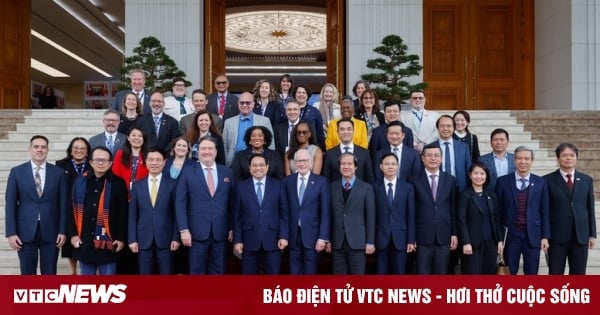















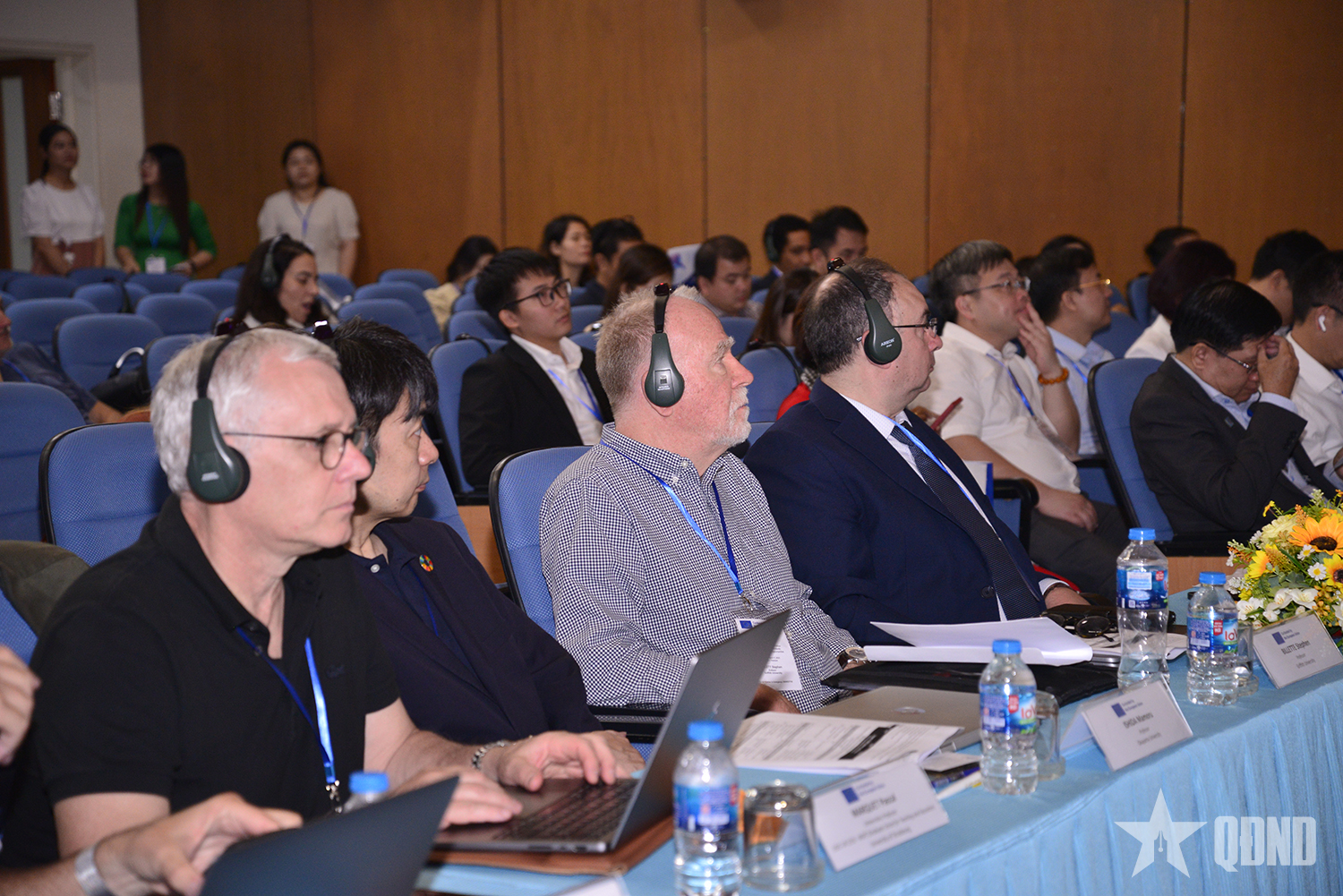


















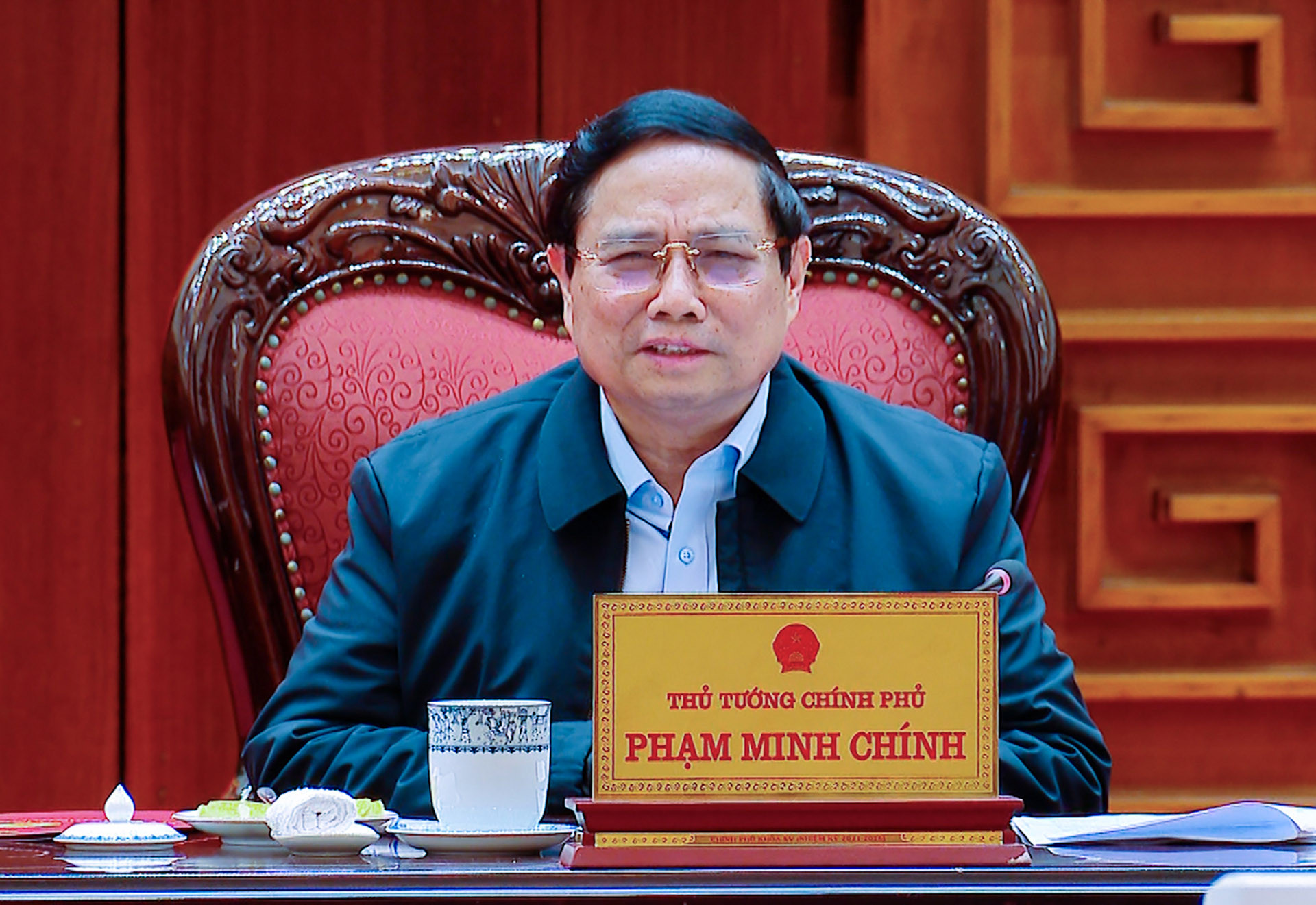





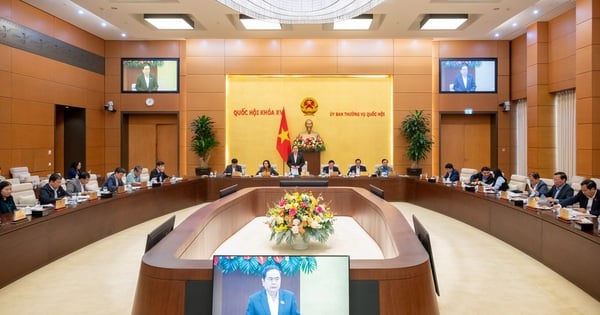
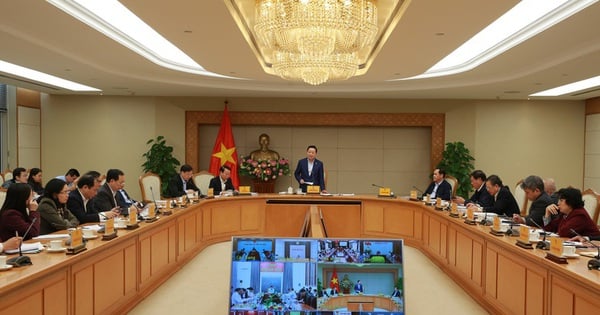









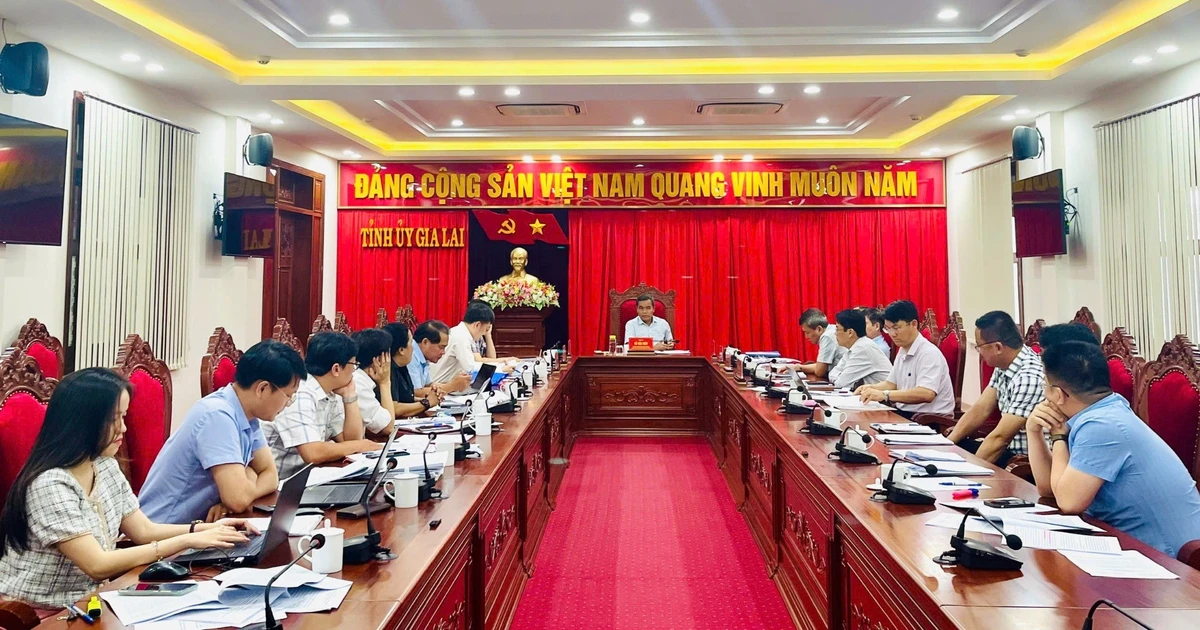















![[REVIEW OCOP] An Lanh Huong Vet Yen Cat](https://vstatic.vietnam.vn/vietnam/resource/IMAGE/2025/3/27/c25032328e9a47be9991d5be7c0cad8c)

Comment (0)